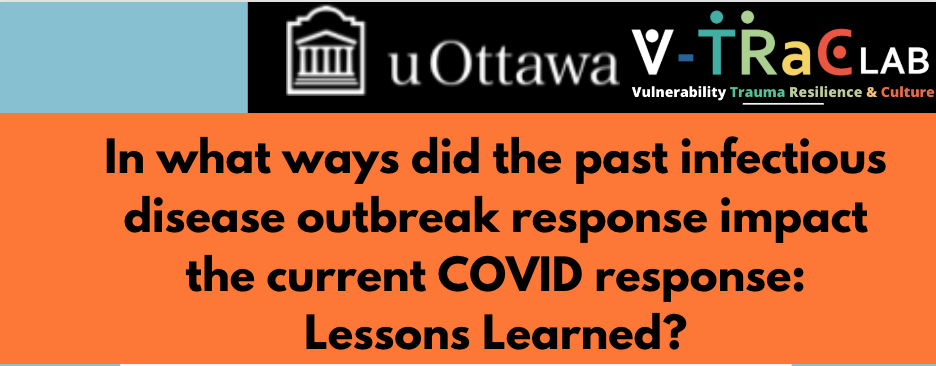7 September 2023 Seminar: Historical endemic diseases and syndemic demographic effects

For the second Pandemics & Society Seminar of our Fall 2023 series, our own Maria Bekker-Nielsen Dunbar (PANSOC) will discuss her MSCA Project Proposal on historical endemic diseases. The seminar will be held on Thursday, 7 September at the normal time (1600 CEST). More information about our speaker and the presentation is below. You can sign up for email notifications about the seminar series, including the Zoom details, here.
Abstract
Tuberculosis is a disease which has long affected humans and can be fatal if not treated. While incidence is low in Norway currently, some cases are found annually, and latent tuberculosis and anti-microbial resistant tuberculosis remain a public health concern today. Historical records gathered during the nineteenth century have not been examined and may provide insights into the use of isolation as a treatment option. I will construct models to analyse data from these records following lines of inquiry developed using the syndemics framework.
About the Speaker
Maria Bekker-Nielsen Dunbar is an an early career researcher in infectious disease modelling at the Centre for Research on Pandemics & Society at OsloMet. She has experience of applications of modelling approaches to problems in environmental epidemiology and infectious disease epidemiology. Her current research interest is endemic diseases and how different population groups are disproportionately at risk of and affected by them.


